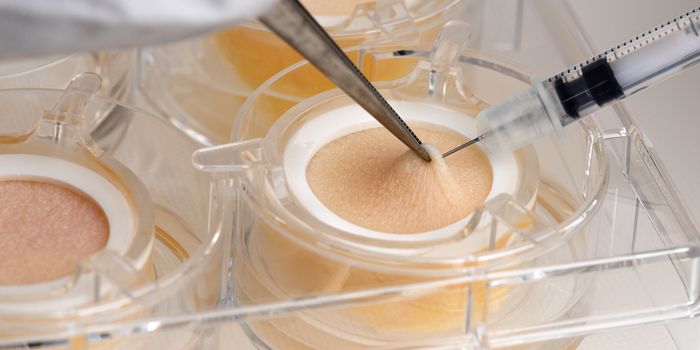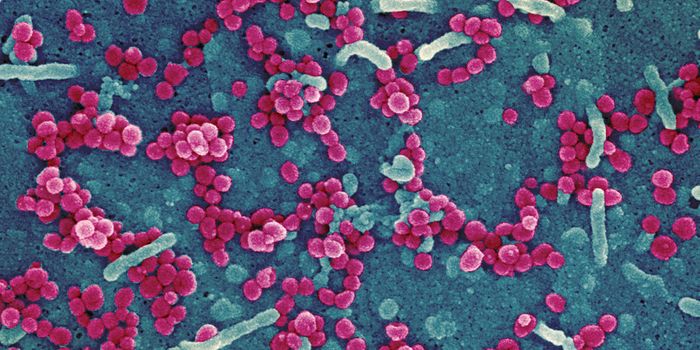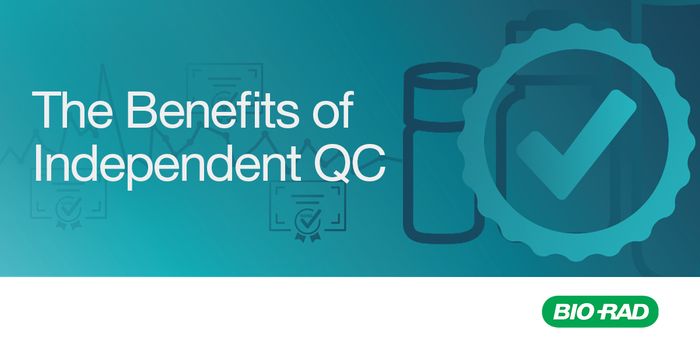The Immune System Impairs Antibiotic Effectiveness
Nitric oxide, a molecule produced by the immune system, can negatively impact antibiotics’ effectiveness, says a study by University of Kent researchers. This interference could be the root cause of the phenomenon that renders antibiotics less effective in patients than in a lab setting.
Escherichia coli is a Gram-negative bacteria, with some strains forming part of the normal microbiota that colonizes the gut. However, there are also virulent strains—pathogenic bacteria that trigger gastroenteritis, UTIs, and meningitis. In some cases, E. coli infections can progress to a life-threatening condition called sepsis.
Moreover, multidrug-resistant E. coli strains have emerged, posing a major clinical challenge. A deeper understanding of the influencers of antibiotic efficacy will help scientists devise ways to combat these organisms.
Nitric oxide has been established as an antimicrobial factor produced by the immune system during infections. Besides its bactericidal properties, nitric oxide is also a respiratory inhibitor, a characteristic found to disrupt the potency of antibiotics.
The scientists obtained 50 E.coli blood culture isolates from patients and performed a series of genomics analyses and antimicrobial susceptibility assays. They found that a nitric oxide pre-treatment resulted in a 16-fold decrease in the antibiotic gentamicin’s potency.
“This work highlights the urgent need for a better understanding of how the human immune system can profoundly affect the activity of antibiotics, which is of great importance for future therapies to treat multidrug-resistant bacterial infections,” said Mark Shepherd, the corresponding author of the study.
Sources: Arch. Microbiol., Technology Networks via the University of Kent.









